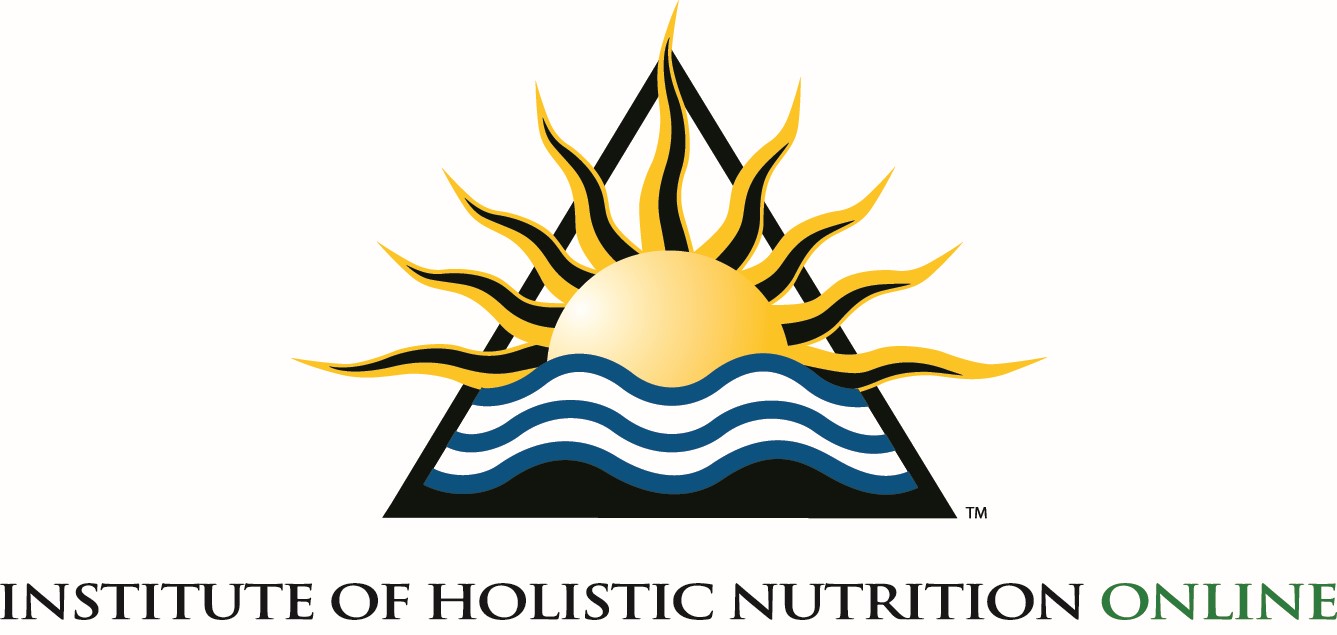
Angela Wright BSc, CNP
Department(s): Faculty
Ange received her Certified Nutritional Practitioner designation in 2005 at The Institute of Holistic Nutrition’s Toronto campus. She also holds an Honours Degree in Science (Environmental) from the University of Waterloo. Her private practice, Align Nutrition, has been operated since 2005, first in Ontario and then British Columbia. Align Nutrition took a break for the five years Ange was Lead Nutritionist at InspireHealth Supportive Cancer Care in Vancouver, becoming immersed in the world of cancer support/recovery/prevention through healthful nutrition and stress reframing. Currently Ange lives in Kelowna BC and consults with Nature’s Fare Markets.
Ange’s specialties include personalized attention, education and coaching to ensure clients and students are able to adopt changes in an inspired and permanent way. She is also a seasoned presenter. Ange has taught Comparative Diets and Symptomatology Part 1 at The Institute of Holistic Nutrition’s Vancouver campus and now teaches Nutrition and Health: The Fundamentals, Nutritional Symptomatology Parts 1 & 2 with Institute of Holistic Nutrition Online.
